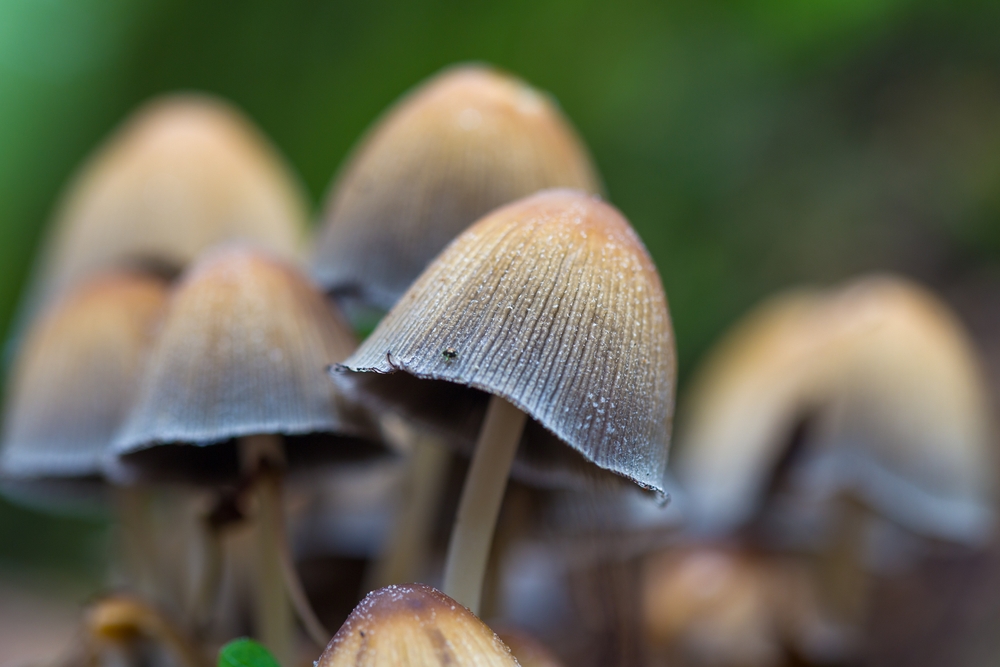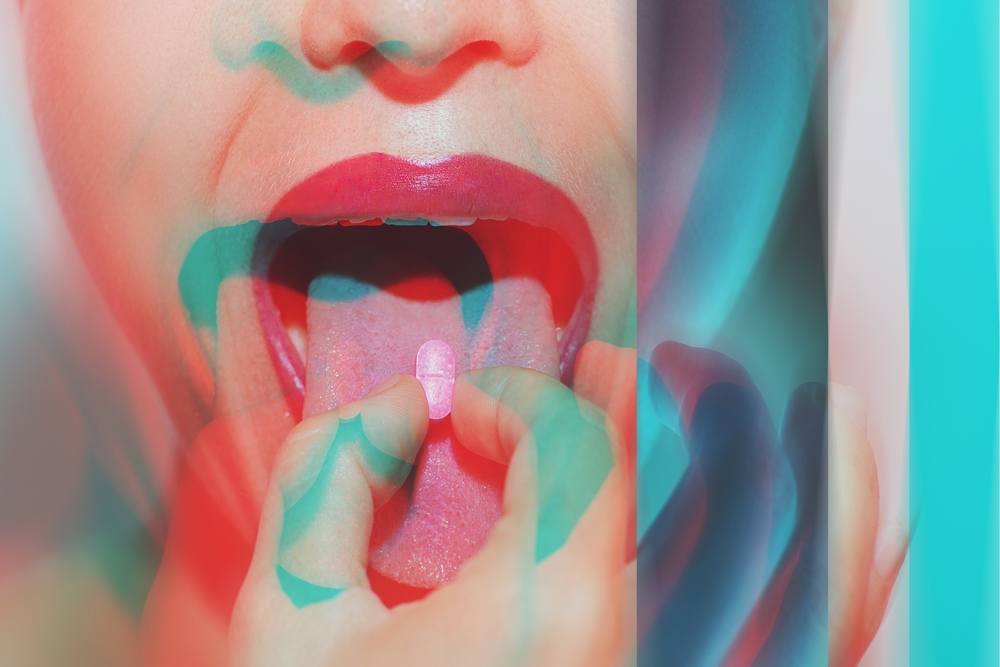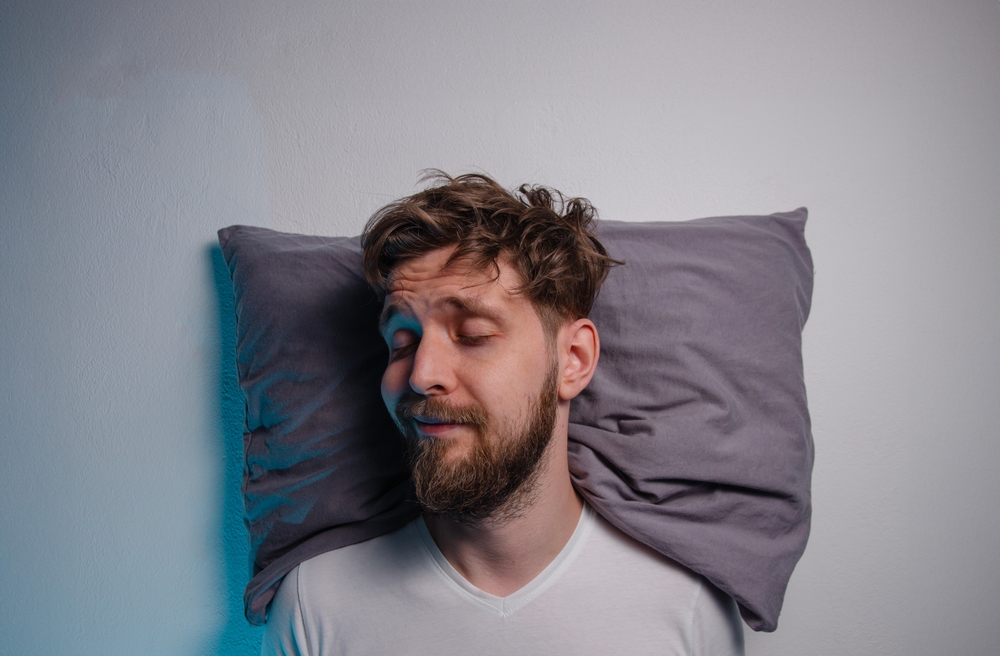The Link Between ADHD and Substance Use: Untreated Diagnosis in Adults
Many people think of ADHD as a childhood issue. In reality, it affects millions of adults too. Studies estimate that over 15 million adults in the US —about 5% of the population—have ADHD symptoms. Yet less than 20% of those know it. Even among those who know, only about a quarter receive treatment. That leaves millions struggling with symptoms that affect work, relationships, and daily life.
If ADHD goes untreated, people often look for ways to cope. Some turn to alcohol, nicotine, or illicit drugs—not necessarily to get high, but to feel more in control. It’s not about making bad choices. It’s about trying to quiet the mental chaos.
Research confirms this connection. A study published by the National Institute of Health found that adults with ADHD are nearly 3.10 times more likely to develop a substance use disorder compared to controls. Another study found children to be at risk, too. The risk factors for SUD were twice as high among those with ADHD and four times higher for those with comorbid conduct disorder.
If you’ve been using substances to manage ADHD symptoms, it’s not a sign of failure. It’s a sign that your brain is looking for relief. Below, we’ll show you better ways to manage ADHD, ones that help in the long term.
ADHD Symptoms and the Risk of Substance Use
ADHD is a neurodevelopmental disorder that affects the brain’s executive functions, including impulse control, attention regulation, and emotional processing. These functions are primarily influenced by neurotransmitters, particularly dopamine and norepinephrine, which play a critical role in motivation, reward processing, and focus.
People with ADHD often have lower baseline levels of dopamine activity in key areas of the brain, including the prefrontal cortex and striatum. Dopamine is responsible for reinforcing pleasurable behaviors, regulating motivation, and sustaining attention. Because ADHD brains struggle to use dopamine efficiently, they often seek out external stimuli to compensate.

This biological drive for stimulation can make substances particularly appealing. Stimulants like nicotine and cocaine artificially increase dopamine levels, providing a temporary sense of focus and motivation. Depressants like alcohol and cannabis can dull hyperactivity and impulsivity, creating a sense of calm. The problem is that these effects are short-lived, and over time, they disrupt the brain’s natural dopamine regulation, increasing the risk of tolerance, dependence, and addiction.
The Connection Between Adderall Misuse and ADHD
ADHD makes it hard for the brain to regulate dopamine. When dopamine levels are too low, tasks that require sustained attention feel impossible. This is why ADHD can cause:
- Difficulty focusing and staying on task
- Restlessness or hyperactivity and impulsivity
- Acting on impulse without thinking
Stimulant medications like Adderall (a mix of amphetamine and dextroamphetamine) help increase dopamine levels in a controlled way. For people with ADHD, this makes it easier to concentrate, stay organized, and manage impulses. When prescribed, doctors carefully adjust the dose to ensure the brain gets the right amount—enough to improve symptoms without unwanted side effects.
Why Some People Misuse Adderall
Not everyone with ADHD gets diagnosed early. Many adults struggle with focus, productivity, and mental fatigue without realizing why. When they try Adderall—often borrowed from a friend or taken for school or work—they suddenly feel “normal” for the first time.

This can be eye-opening but also risky. Without medical advice, people may take more than their brain needs, leading to misuse and dependency.
Too much Adderall can overload the brain with dopamine, causing:
- Increased heart rate and blood pressure
- Insomnia and loss of appetite
- Irritability, mood swings, and crashes
- Withdrawal symptoms when stopping
Since Adderall activates the brain’s reward system, it’s easy to develop a reliance on it, mainly when used without a prescription. That’s why the DEA classifies Adderall as a Schedule II controlled substance—it’s medically useful but highly addictive when misused.
Adderall Misuse in Adults with ADHD
Even those with a prescription can struggle with Adderall misuse. Studies show that up to 25% of adults prescribed stimulants take more than they should, hoping for better focus or energy. This often happens with immediate-release (IR) Adderall, which wears off faster, making people tempted to take extra doses.
Some research suggests that extended-release (XR) Adderall is harder to abuse because it enters the bloodstream more slowly. But misuse can still happen, especially if someone builds a tolerance and starts increasing their dose without medical guidance.
ADHD, Adderall, and Substance Use Risk
People with ADHD are almost three times more likely to develop a substance use disorder (SUD) than those without ADHD. Stimulant misuse can also lead to polysubstance use, where individuals start experimenting with other gateway drugs like opioids or cocaine to maintain the same feeling of focus or energy.
This is why proper diagnosis and treatment matter. When ADHD is treated correctly, with the proper medication, therapy, and support groups, the need to self-medicate decreases. Adderall can be life-changing when used the right way—but without medical oversight, it can lead to more harm than good.
If you think you have ADHD and have been using Adderall without a prescription, talking to a doctor can help you find a safer, long-term solution. ADHD is manageable, and you don’t have to rely on self-medicating to feel in control.
Barriers to Diagnosis and Treatment in Adults
Many adults with ADHD go undiagnosed because their symptoms don’t match the childhood stereotype of hyperactivity. Instead of bouncing off the walls, they might struggle with difficulty focusing, organization, emotional regulation, or chronic procrastination. Because of this, ADHD is often mistaken for anxiety, depression, or other mental health disorders, making it harder for people to get the right diagnosis and treatment.
Stigma and misconceptions also play a role. Many adults hesitate to seek help because they worry they won’t be taken seriously or have been told that ADHD is just an excuse. Women, in particular, are often overlooked because their symptoms tend to be more internal—like overthinking, forgetfulness, or feeling overwhelmed. Even when people recognize their symptoms, getting an ADHD diagnosis can be difficult due to long wait times, expensive evaluations, and a lack of trained specialists.
Breaking the Cycle with Proper ADHD Treatment

The good news is that effective ADHD treatment reduces the risk of substance use disorder. Studies indicate that early diagnosis and treatment—especially with stimulant medications prescribed under medical advice—significantly lower the likelihood of developing addiction. This is because ADHD medications help regulate dopamine levels in a controlled way, reducing the brain’s need to seek external stimulation.
Other interventions, such as cognitive behavioral therapy (CBT), structured routines, family therapy, and lifestyle modifications, further support the long-term management of ADHD symptoms without the risks associated with illicit drugs.
Get Help at More Than Rehab
If ADHD and addiction have been controlling your life, there is a way out. More Than Rehab (MTR) takes a dual diagnosis approach, meaning we treat ADHD and substance use disorder together—because when both conditions are addressed, real recovery happens. Our team provides evidence-based therapies, medical support, and long-term strategies to help you manage ADHD effectively without turning to substances.
If you or your family members need help, don’t wait. Support groups, therapy, and addiction treatment can make all the difference. Reach out today and take the first step toward lasting recovery.
























